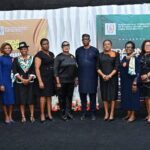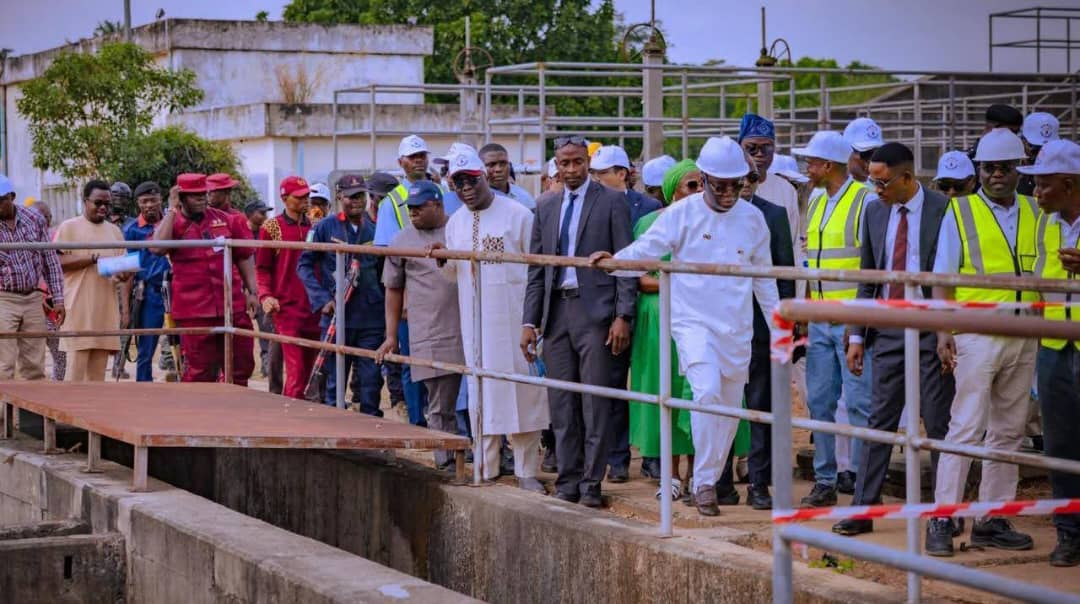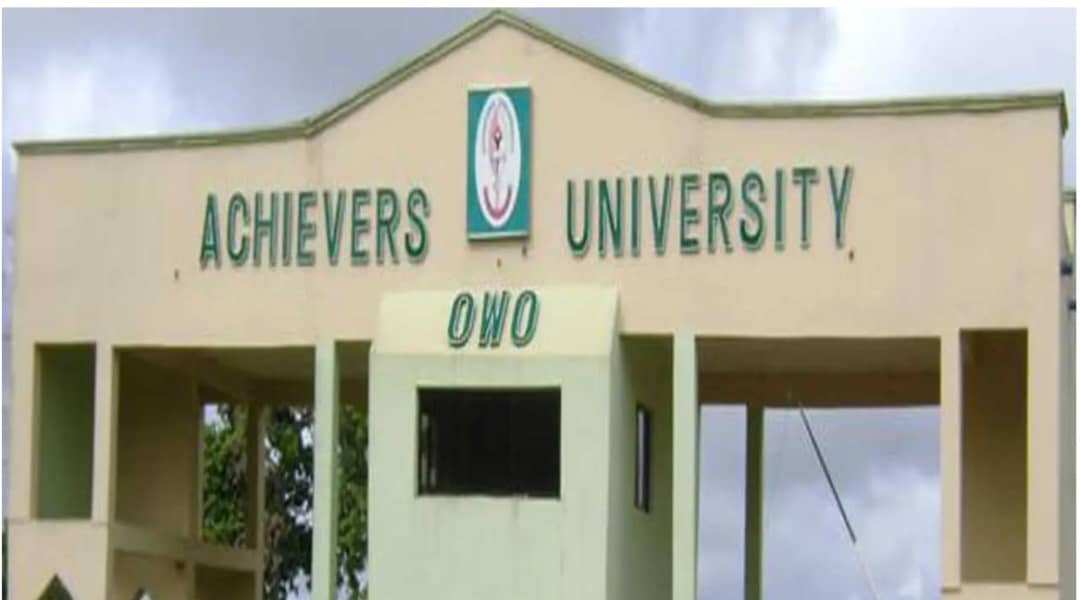By: Our Reporter
A professor of Political Science at Adekunle Ajasin University, Akungba Akoko, Ondo State, Nigeria, Adebukola Osunyikanmi, has declared that Nigerian democracy is under serious threat with electoral fraud.
She opined that the need for inclusion of more women within the democratic frameworks to positively impact governance and development.
Prof. Osunyikanmi, who said this on Tuesday, October 22, 2024, while delivering the 29th Inaugural Lecture of the University, titled, “Democracy and Gender Inclusion: Synthesising Political Phenomena for Good Governance”, also pointed that the nation’s democracy is threatened by electoral fraud.
Professor Osunyikanmi highlighted the core principles of democracy, emphasizing that it is “a system of government that guarantees the rights of citizens” and “ensures the equality of all citizens under the law”, but pointed out that Nigeria is yet to achieve full democracy, as the country remains classified as a “hybrid regime” by the 2024 Democracy Index, largely due to issues such as electoral fraud, corruption, and a non-independent judiciary.
The Inaugural Lecturer said, “Unsurprisingly, Nigeria is not yet a full democracy. The EIU (2024) still classifies the country as a hybrid regime because of prevalent electoral frauds, government’s pressure on political opposition, numerous cases of corruption, wrong application of the rule of law, continuous pressure on the media, and non-independent judiciary. Nigeria scored 4.23 and was ranked 104th in the Democratic Index 2023.”
Professor Osunyikanmi underscored the importance of equal representation of men and women in government.
She lamented Nigeria’s dismal performance in this regard, noting that only 3.9% of the House of Representatives and 3.7% of the Senate are women, according to a 2024 report by the Inter-Parliamentary Union.
“Despite the benefits of gender parity in government, women are still underrepresented in leadership and public administration in Nigeria. A democratic nation thrives when its men and women have an equal opportunity of being elected into the executive and legislative arms of government.
“In spite of the benefits of gender parity in government, women are still underrepresented in leadership and public administration in Nigeria. The report released by the Inter- Parliamentary Union in June 2024 indicated that Nigeria had 14 women out of the 358 members in the House of Representatives; that was a meagre 3.9%.
“In the Nigerian Upper House, the distribution was similar as only 4 female Senators or 3.7% were in the
109-member Senate. Nigeria is among the countries with the least female
representation in the lower and upper chambers of parliament”, she said.
Addressing the broader implications of good governance, which Prof. Osunyikanmi defined as essential for fostering economic growth, social cohesion, and human capital development, she cited Nigeria’s low ranking in the Ibrahim Index of African Governance, placing 30th out of 54 African countries.
The nation’s underwhelming governance has also contributed to poor outcomes in health, education, and economic performance. “Nigeria’s GDP has declined significantly, from $475 billion in 2022 to $252.74 billion as of June 2024,” she remarked.
Prof. Osunyikanmi stressed the need for electoral reform, gender inclusion, and the fight against corruption. She called for legislation that would ensure ballot integrity, penalise electoral fraud, and promote internal democracy within political parties.
She further emphasized the urgent need for political parties to actively recruit competent women and support gender parity at all levels of governance.
“The unconscious bias against women must be removed from our national
consciousness. The National Gender Policy must be reinforced by an appropriate legislation so that all stakeholders will be compelled to support its proper implementation.
“At individual levels, men must be prepared to accept significant female involvement at all levels of leadership. Women must support women in leadership issues, too,” she urged.
Prof. Osunyikanmi added, “As a matter of urgency, each of the political parties
should develop a unique ideology that will enable the electorate to differentiate them according to their stand on national issues, evaluate their candidates by considering their competence and integrity, and make wise choices at the polls.”
She called for Nigeria to fully embrace democratic values and prioritise
development outcomes. “Democracy must succeed in Nigeria. The citizens of Nigeria should begin to witness considerable improvement in development outcomes.”
Earlier, while introducing the Inaugural Lecturer, the Chairman on the occasion and Vice Chancellor, Prof. Olugbenga Ige, noted that inaugural lectures provide opportunities for professors to share their research findings and ideas for the benefit of society and to propose solutions to societal needs.
The VC acknowledged Prof. Osunyikanmi as a distinguished scholar whose wealth of experience would undoubtedly benefit society.










